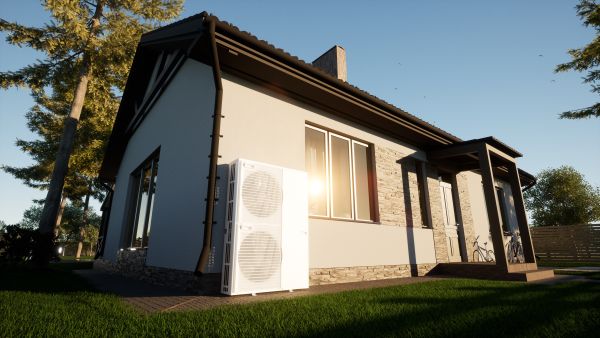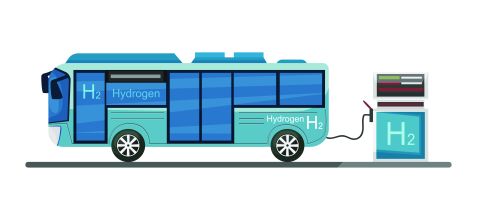ALBAWABA - Schneider Electric's latest research has unveiled a game-changing finding: the integration of digital technologies can dramatically cut carbon emissions in buildings and offices, potentially by as much as 70%.
Their digital solutions for building and power management have shown the potential to slash operational carbon emissions by up to 42%. By making the switch from fossil-fueled heating systems to electric alternatives and implementing microgrids powered by local renewable sources, a remarkable overall reduction of up to 70% can be achieved in fully digital, electric buildings.
Schneider Electric is emerging as a frontrunner in the pursuit of zero-carbon strategies. Their approach not only averts operational disruptions but also breathes new life into buildings by infusing them with digital technologies.
The research, conducted in collaboration with global consultancy firm WSP, is grounded in a thorough analysis of the energy performance and carbon emissions of a large office building. It underscores the potential for digital solutions to make a significant impact on carbon emissions within buildings, potentially up to 70%.
Currently, buildings account for approximately 37% of global carbon emissions, and nearly half of these structures are expected to remain in use by 2050. This emphasizes the urgency of bolstering energy efficiency in buildings to mitigate carbon emissions.
Mike Kazmierczak, Vice President of Schneider Electric's Digital Energy Business Unit, emphasized the impact, saying, "Tackling carbon emissions stemming from day-to-day operations is the most effective route to scaling up existing buildings and achieving zero-carbon objectives by 2050. Our research points to the potential of transforming existing buildings into energy-efficient, fully electric, and digitally enhanced assets, potentially reducing carbon emissions by up to 70% and paving the way for a zero-carbon world."










